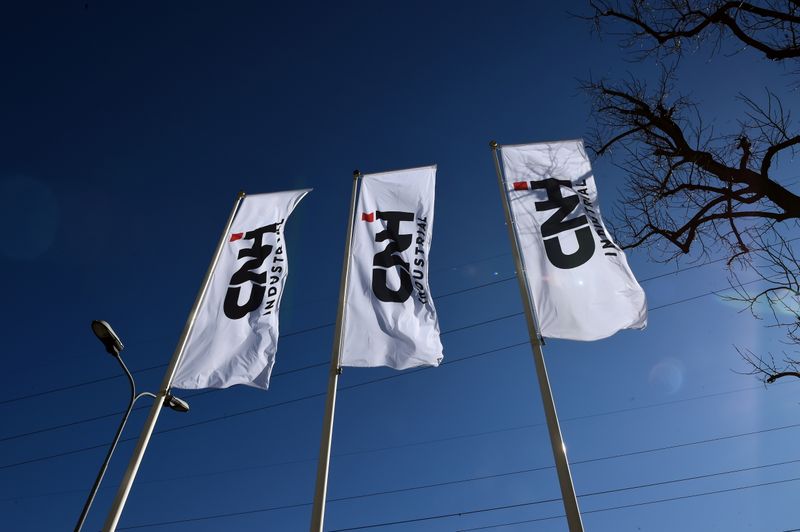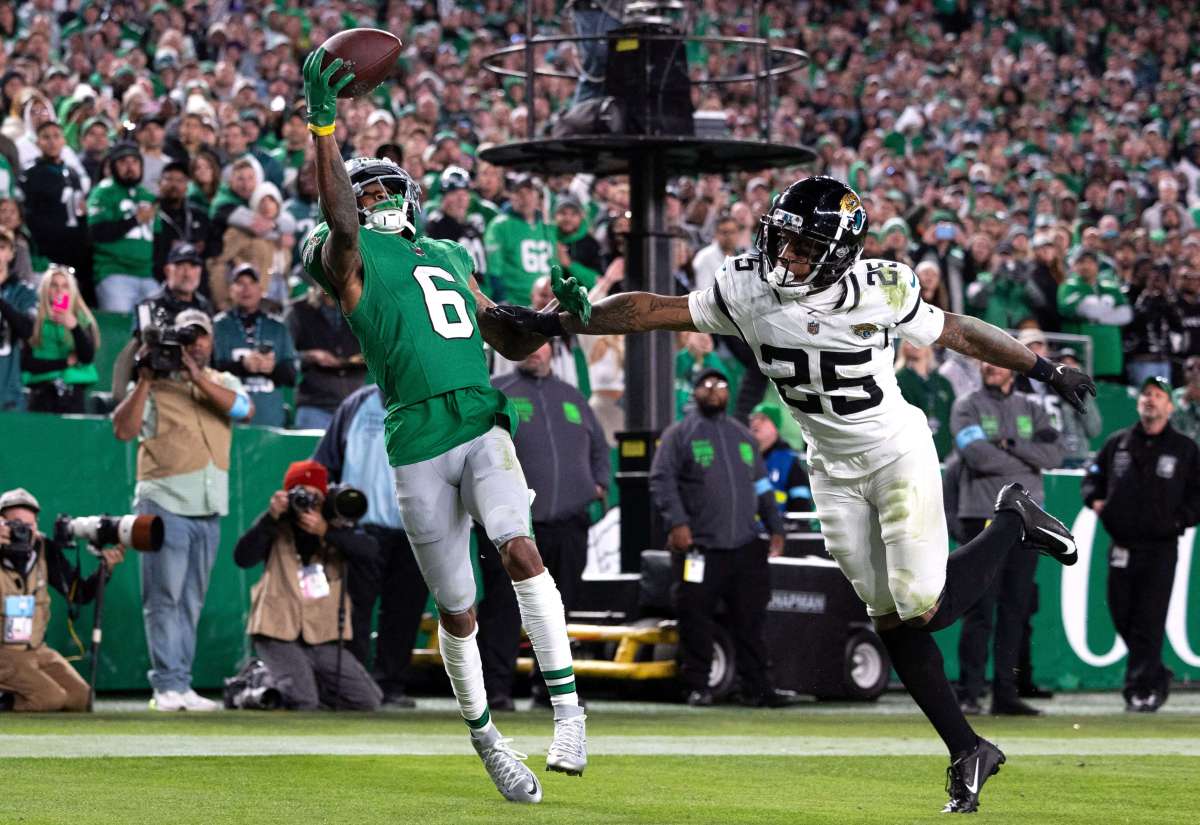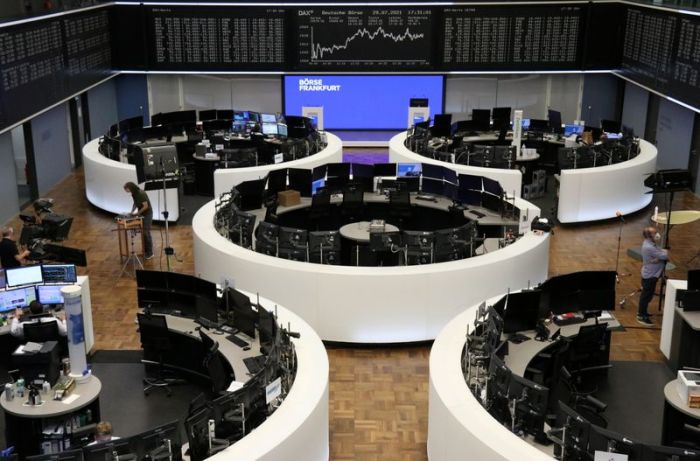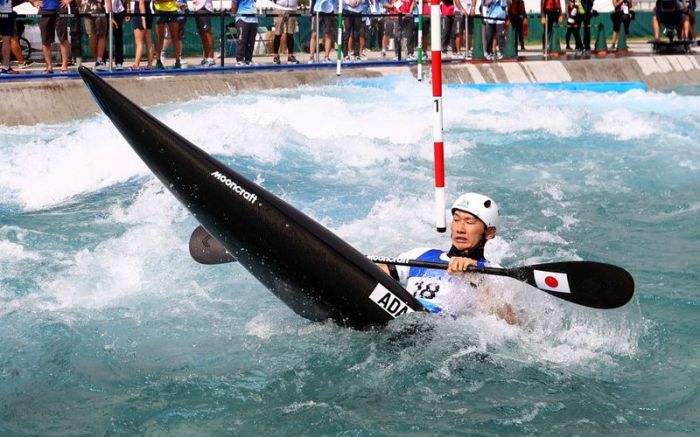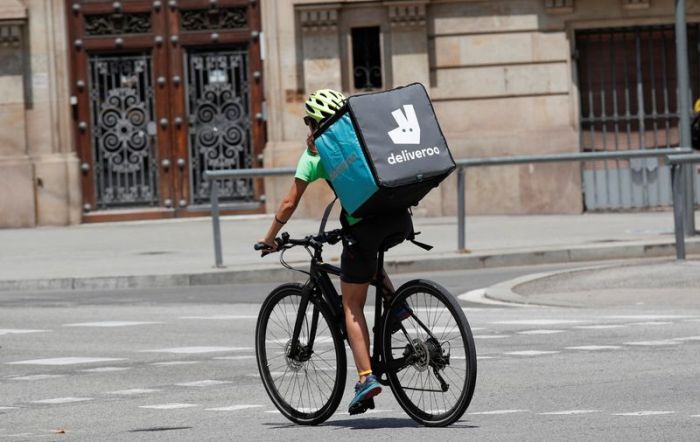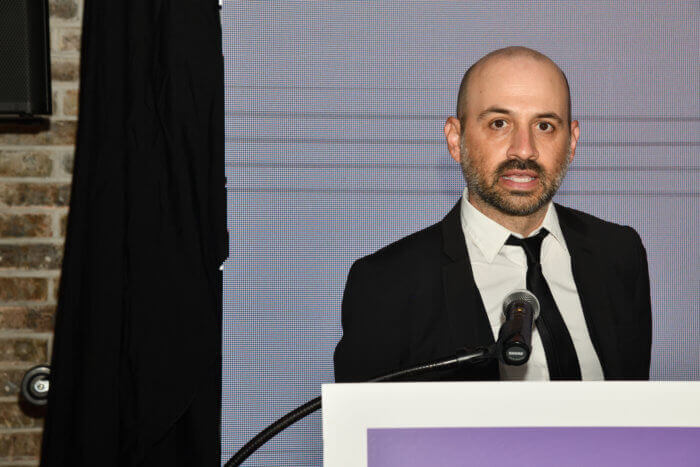MILAN (Reuters) -Italian-American vehicle maker CNH Industrial on Friday raised its revenue and free cash flow forecasts for this year after its second-quarter results exceeded expectations, as it benefited from an industry cyclical upturn.
CEO Scott Wine said a “robust environment” contributed to expand the company’s order books and to an “excellent” performance across all its main businesses, which include Iveco commercial vehicles, agricultural machines, construction equipment and powertrains.
“Despite ongoing supply chain challenges and inflationary pressures, the continued strength of our end markets in conjunction with aggressive pricing activity, margin expansion initiatives … propelled us to record second quarter earnings,” Wine said.
CNH, controlled by Exor, the holding company of Italy’s Agnelli family, last month announced a $2.1 billion deal to buy U.S.-based Raven Industries to bolster its agricultural equipment business, as it prepares to spin off its truck, bus and engine operations.
The acquisition – which is expected to be finalised in the fourth quarter – will add “significantly” to CNH’s precision agriculture capabilities and help make it a “sustainable competitive advantage,” Wine said.
CNH’s adjusted operating earnings (EBIT) of industrial activities stood at $699 million in the second quarter, versus a $58 million loss a year earlier.
That compares with a $496 million forecast in an analyst poll compiled by Reuters.
Sales at the group’s industrial activities rose 65% in the April-June period to $8.49 billion, topping a $7.06 billion analyst forecast.
Milan-listed shares in CNH turned positive to rise as much as 1.7% after results were published. By 1350 GMT were up 0.6%.
The group forecast that sales from industrial activities will grow this year by 24%-28% versus a previous forecast of between 14%-18%.
Free cash flow is now seen in excess of $1 billion this year, from a previous forecast of $0.6 billion-$1.0 billion.
“CNH Industrial is poised for a noteworthy second half,” Wine said.
(Reporting by Giulio Piovaccari; Editing by Edmund Blair and Jane Merriman)

